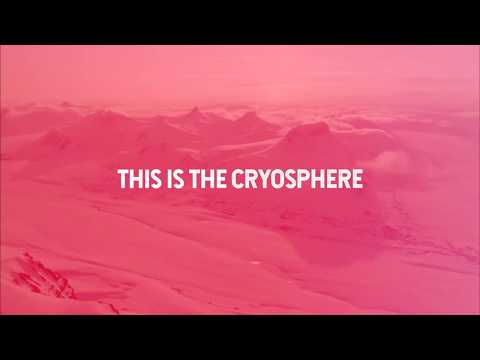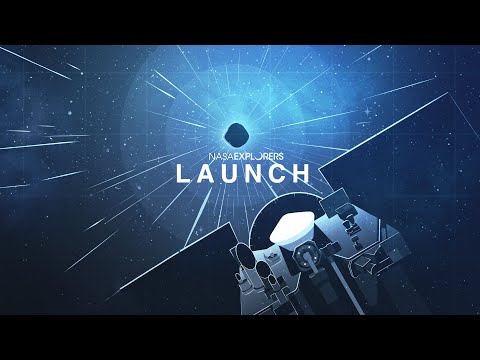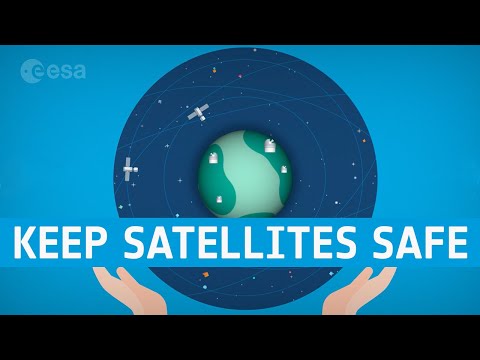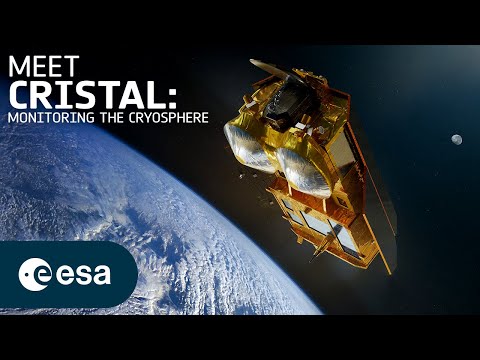NASA Explorers is a new digital series that takes you inside the space agency and follows the pioneers, risk-takers and experts at the front line of exploration. Season 1, “Cryosphere,” joins NASA scientists on their journey to the frozen ends of the Earth as they study our rapidly changing world from satellites, planes and boots on the ground. The Cryosphere is a place we all depend on, but many of us will never go to. As temperatures rise, the frozen regions of Earth are changing rapidly. NASA scientists are locked in a race against time to understand our shifting climate and how it affects life on Earth.
NASA Explorers: Cryosphere – The Big Thaw

Comments
13 responses to “NASA Explorers: Cryosphere – The Big Thaw”
-
penser vous que les soleils se déplacent comme vous le pensez .
-
rien de ce qui est dans l'univers ne peut nous chercher car nous sommes univers .
-
por que a NASA não dês que esta mentido para nos eu assisti o vidio ao vivo e mim poniran
-
I'm coming for the universe
-
I love the fact that you are doing this… come on… where is the next one?!?
-
Bull, the earth is like a glass of water with ice in it ……the ice whether melted or not will displace the same space…..no ocean rise, and there is no evidence of any ocean rise, and there will be no evidence of ocean rise…..and since weather records have only been kept since the about the 1850s, how do scientists know what is "normal" weather for the earth, which is millions of years old? And how do you think making people live like cavemen is going to solve the problem?
-
ما احلى الاكتشاف
-
Hey all.
Well, as some of you have noted, NASA does have a budget, and although somewhat smaller than in the 60's (adjusted for inflation), it is still significant. With that said, however, that budget has to be spread out over several different fields where space exploration is only one of them. Companies like ULA, SpaceX, Blue Origin and the like devote all their efforts into getting rockets into space, where NASA (contrary to most people's beliefs…and what the full name implies) was founded not only to explore the possibilities of space travel, but what it would take humans to be able to survive in space. Its charter extended to study various attributes of the Earth and how our environment here could be replicated elsewhere, or the lack there of that environment, would affect humans for long durations. Over the years, NASA has morphed, for one reason or another, into a veritable smorgasbord of scientific disciplines to include medicine, biochemistry, propulsive and electrical energy producing methods, meteorology, astronomy, mathematics, hydrology, physics, mechanical engineering, thermodynamics, and many others. The studies NASA has made in many of those disciplines had led to breakthroughs that have, and will continue to benefit humanity even if we never become a space fairing species.
To that end, NASA has developed this series. Its intent is to educate people, not only on what NASA is really all about, but what their environment contributes to their daily lives, and how fragile the Earth really is. This is a series, and Cryosphere is only the topic of season 1. Stick around for subsequent seasons/topics.
-
If we get a new Maunder Minimum over the next few cycles , then could it save us in the near term?
-
"Displacing 100 million people" Most of those people are millionaires with beachfront property….I don't think they are in too much danger
-
Indonesian subtitle pls??
-
This is truly amazing! I’m learning a lot about the cryosphere and at the same time I’m improving my English xD. Thank you for bringing us this type of content!
-
NASA taking the sphere out of Cryosphere. Close enough for government work!




Leave a Reply